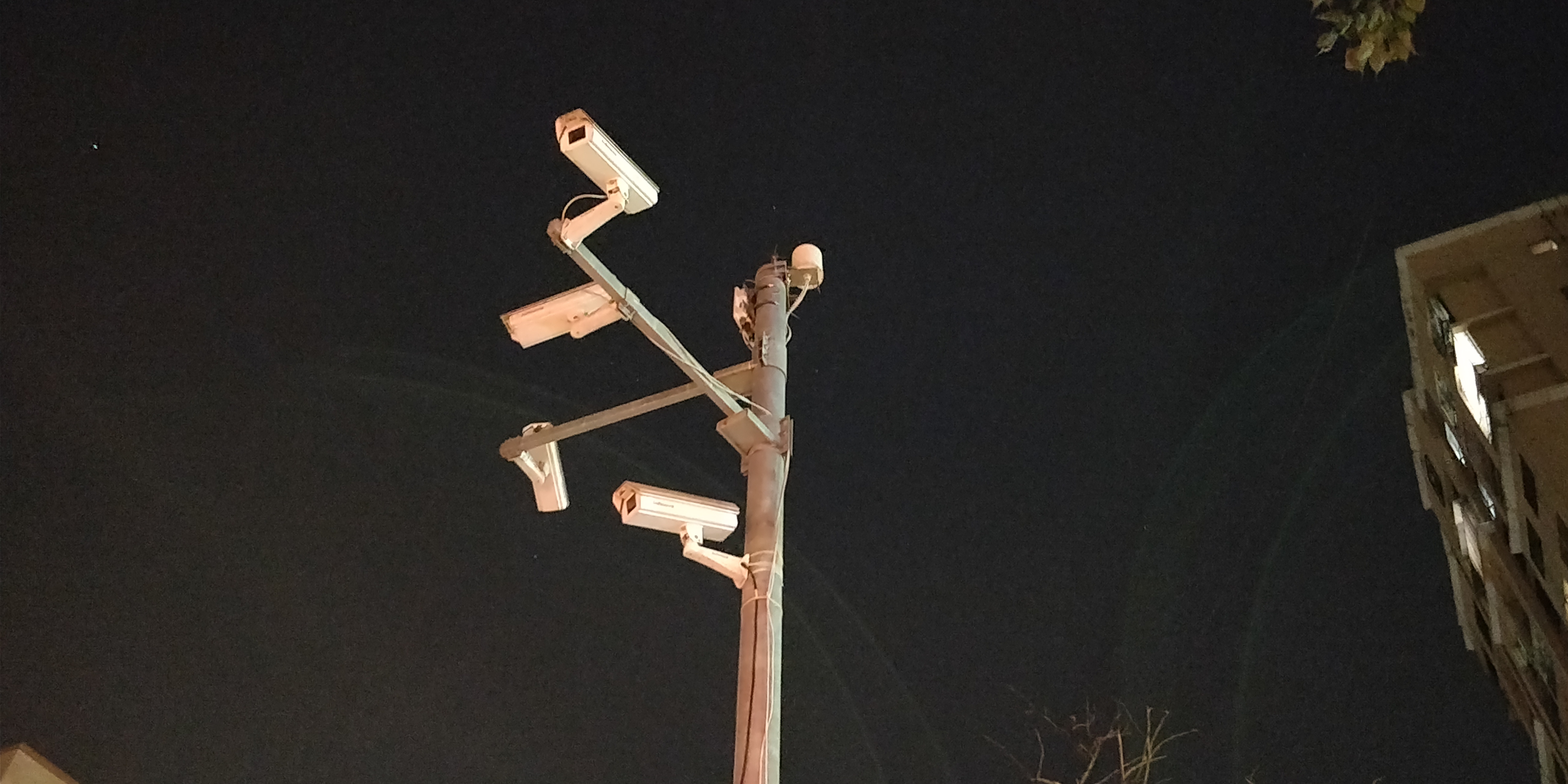Surprising Immunity Boost Found in Constant Surveillance
 Photo: Unknown
Photo: Unknown
In a groundbreaking study released Wednesday, researchers from the esteemed Institute for Unusual Medical Discoveries (IUMD) have found a surprising correlation between constant surveillance and boosted immune systems. Dr. Octavia Lens, the leading researcher in this unprecedented study, has claimed that continuous monitoring, commonly linked to privacy violation and anxiety, could be the next elixir to strengthen our bodily defense mechanisms.
“The findings have been nothing short of revolutionary,” said Lens, skewing her spectacles and adjusting her white lab coat for dramatic effect. “Our research indicates that those under constant surveillance display exceptional resistance to common infections, including the common cold, influenza, and even more serious viral conditions.”
The study, which began as an exploration into the psychological effects of ubiquitous surveillance, took an unexpected turn when the researchers started monitoring health indicators. They pulled an assorted sample of 500 individuals from various walks of life, all of whom lived under varying degrees of surveillance. Control participants, who lived in rural areas with minimal monitoring, were compared to those living in high surveillance urban centers, where cameras, drones, and digital tracking are as commonplace as morning coffee.

In an ironic twist, the same surveillance tools used to monitor participants’ daily routines were also employed to track their health statistics. Heart rates, body temperature, sleep patterns, and even the number of sneezes per day were meticulously recorded. Over time, the researchers noticed an inverse relationship between the level of surveillance and the number of sick days taken by the participants.
Our research indicates that those under constant surveillance display exceptional resistance to common infections, including the common cold, influenza, and even more serious viral conditions.
“People constantly exposed to surveillance showed robust immune systems. It was as if the cameras were acting like a sort of digital vaccine, fortifying the subjects’ health,” explained Dr. Lens, while meticulously sanitizing a miniature drone camera. “Our data suggests that the human immune system, much like our psychological state, has adapted to thrive under the all-seeing eye of the digital panopticon.”

In light of these findings, public health officials are grappling with the implications. While the health benefits seem promising, they’re balanced against the ethical concerns of turning society into an even more Orwellian reality.
As the researchers at IUMD continue to decode the surprising immunity boost found in constant surveillance, they have opened up an entirely new pathway for health research. The connection between surveillance and immunity raises the question: could the key to a healthier society lie within the unseen eyes that watch us from every corner? This dichotomy between privacy and public health ushers us into the next phase of this study, a phase that promises to be as controversial as it is fascinating. The debate is only just beginning.
Despite the surprising benefits, critics have been quick to voice concerns about a society under constant gaze. “Next thing you know”, warns civil liberties advocate, Janine Orwell, “we’ll be swapping our morning vitamin C for surveillance cameras, all in the name of health. It’s a slippery slope into a world devoid of privacy, where our every sneeze is captured, cataloged, and computed.”

"People constantly exposed to surveillance showed robust immune systems.
But Dr. Lens is not ruffled by the growing apprehension. “It’s an unusual finding, we know,” she acknowledged. “However, it’s also a significant one, and we must pursue this line of inquiry, challenging as it may be. If our immune system can be boosted by surveillance, we need to understand why and how, and use that knowledge to better our health without sacrificing our privacy.”
The researchers are now studying the exact mechanics behind this unexpected phenomenon. One hypothesis is that constant surveillance subtly increases adrenaline levels, keeping the body in a perpetual state of alertness that may bolster the immune system. Another theory suggests that the pressure of being watched encourages healthier behavior, as individuals strive to present an image of wellness to the unseen observer.

In the meantime, the sale of surveillance cameras, drones, and related equipment has seen a bizarre surge. Local electronics store owner, I.C. U., reported, “I’ve sold more drones in the past week than I have in the past year. People are even asking for ‘health-enhancing surveillance kits’. It’s surreal.”
As the peculiar connection between surveillance and immunity makes headlines around the world, research on the subject has become a top priority. “We have inadvertently stumbled upon a frontier that’s both exciting and unsettling,” said Dr. Lens. “Our next steps must be measured, but also fearless. We owe it to society to explore this link, even if it turns our perception of health and privacy upside down.”
In the face of rising public interest, the IUMD has announced a follow-up study, recruiting 2,000 new participants from around the globe. This expanded research will focus on the long-term effects of surveillance-enhanced immunity, and will also explore potential ways to harness the benefits without compromising personal liberty.

Ultimately, the implications of this study, like the surveillance it examines, are both eye-opening and profoundly intrusive. The journey towards understanding the full breadth of this relationship has just begun, and there is no doubt that it will continue to be a contentious topic as it unfolds. In the meantime, while we wait for further research, the question remains – will you choose privacy, or a boosted immune system? The choice, as they say, is under surveillance.






